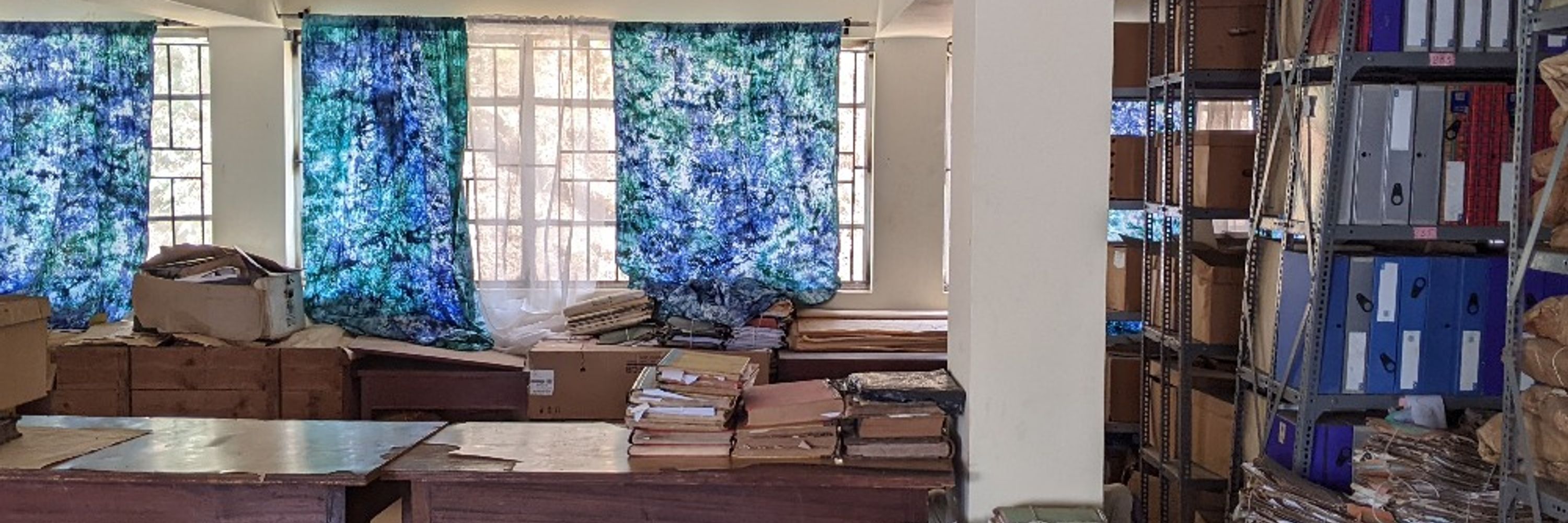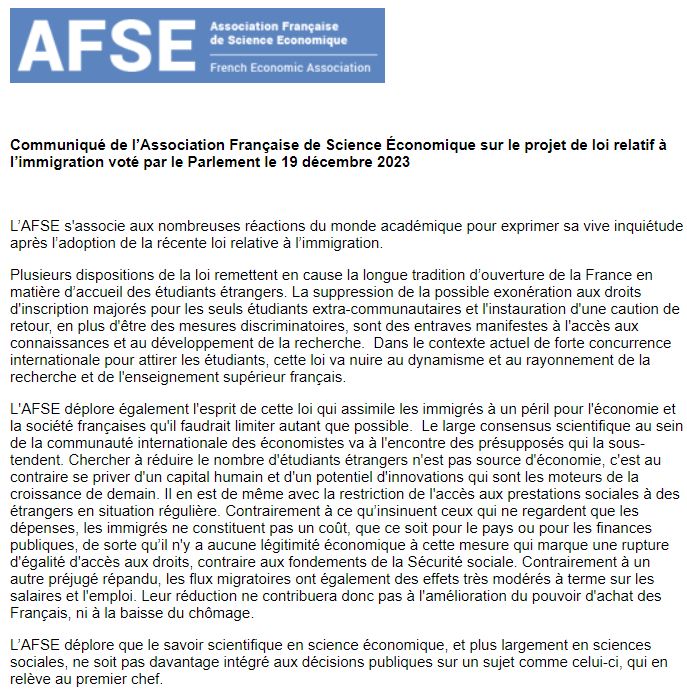
This is in academia/.edu's new ToS, which you're prompted to agree to on login. Anyway I'll be jumping ship. You can find my stuff at hcommons.org.

This is in academia/.edu's new ToS, which you're prompted to agree to on login. Anyway I'll be jumping ship. You can find my stuff at hcommons.org.

www.aehnetwork.org/blog/colonia...
www.aehnetwork.org/blog/colonia...


